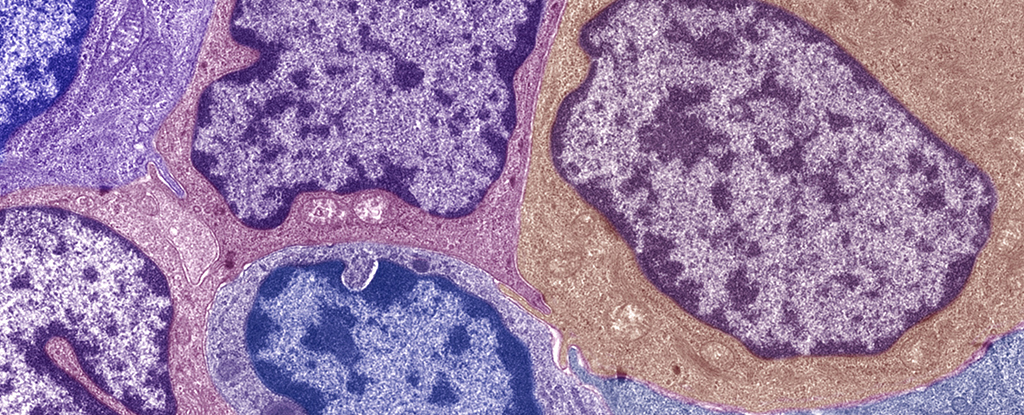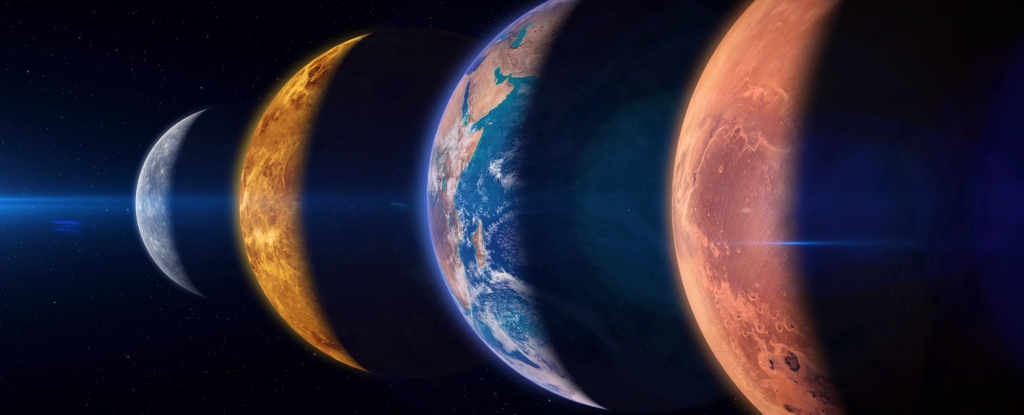Combining results of laboratory studies on the infra-red glow of carbon molecules in simulation software has led a team of researchers to a new discovery about the creation of spherical carbon ‘cages’ called fullerenes.
Given these molecules could have protectively carried complex compounds through the harshness of interstellar space, the findings could have implications for how life arose on Earth, and beyond.
Following the confirmed detection of fullerenes surrounding the dusty surrounds of dying stars called planetary nebulas in recent decades, researchers have pondered the process that led to their creation.
One way could be light striking neatly circular carbon structures called polycyclic aromatic compounds. Another involves baking structures that are a little less ordered.
The team’s simulations confirm at least some of the fullerenes are being made through hydrogenated amorphous carbon (HAC) grains. These chaotically ordered particles of hydrogen and carbon are acting as starting points for fullerenes, it would seem.
According to the researchers behind the discovery, from the Institute of Astrophysics of the Canary Islands (IAC) in Spain, the way they’ve matched the characteristics of HAC grains to light readings from deep space should help us understand more about the origins of life and the processes involved.
“We have combined for the first time, the optical constants of HAC, obtained from laboratory experiments, with models of photoionization,” says astrophysicist Domingo García-Hernández, from the IAC.
The work began with the distant planetary nebula Tc 1 and images of it captured by telescopes. These planetary nebulae are rings of gas and dust formed around dying stars late in their lives, and the light they give off can be used to detect what they’re made of.
Through computer models, the research team investigated something puzzling about Tc 1: broad, unidentified infrared bands that’ve been seen here and elsewhere in space. The modeling showed HAC grains could be accounting for these bands.
As Tc 1 is known to be rich in fullerenes, the study provides both an explanation for the unidentified infrared bands, and the origins of fullerenes. That should give astrophysicists plenty of scope for future research.
“The identification of the chemical species which causes this infrared emission, widely present in the Universe, was an astrochemical mystery – although it was always thought probable that it is rich in carbon, one of the basic elements of life,” says astrophysicist Marco Gómez-Muñoz, from the IAC.
Fullerenes are especially resilient and stable, which means scientists think they could act as protective cages for other materials. These cages could’ve helped transport complex molecules to Earth for the first time, sparking the beginnings of life.
Knowing more about fullerenes should also give us extra insight into the way organic matter is organized across the Universe, as well as informing the development of various nanotechnologies that operate at the smallest possible scales.
There are still lots of unanswered questions about the readings we get from space and about how life first got started here on Earth, but studies like this show we’re always getting more answers – especially as our technology and analysis techniques improve.
“Our work shows clearly the great potential of interdisciplinary science, and technology to make basic advances in astrophysics and astrochemistry,” says Gómez-Muñoz.
The research has been published in Astronomy & Astrophysics.





